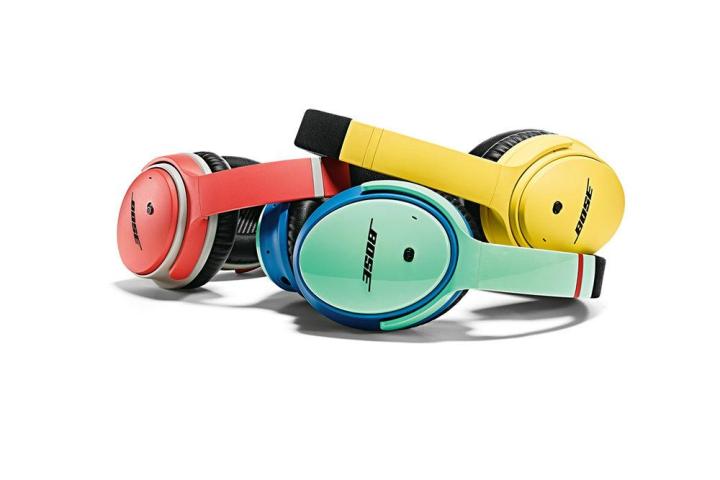
Reported by CNET, attorneys for both Bose and Apple, which took possession of Beats in a billion dollar deal shortly after the lawsuit was filed, formally requested a dismissal of the case in a Delaware District Court today. The attorneys said the the two headphone giants have “settled their respective claims.”
In its initial lawsuit, which was filed in July, Bose claimed Beats had infringed upon five separate patents related to noise-cancelation. The technology under question included patents filed as far back as April 2004, outlining technology involving signal processing, phase compensation, and minimizing latency, all part of the digital magic employed to create active noise cancellation.
According to the initial filing, Bose claimed Beats had “suffered and will continue to suffer damages” including loss of profits, sales, and potential sales.
Today’s rare reconciliation comes after a series of headlines pitting the two against each other, the latest of which involved a $10,000 fine doled out to 49ers quarterback Colin Kaepernick for wearing his Beats headphones to a press conference after Sunday’s win over the Kansas City Chiefs. A stipulation in Bose’s exclusive deal with the NFL prevents players from wearing any kind of headphones besides those with the Bose logo within 90 minutes of play. Kaepernick has an endorsement deal with Beats.
While the two companies initially seemed to have little in common besides the first letter of their respective brands, Bose has made some aggressive moves lately in hopes of pulling in a larger piece of the headphone pie. Beats (and by extension, Apple) currently controls a reported 60 percent of the lucrative premium headphone market, while Bose owns a mere 25 percent.
The meteoric rise of Beats’ in recent years has not only been good for co-founders Jimmy Iovine and Dr. Dre, who profited greatly from the recent $3 billion Apple acquisition, it’s been good for headphones in general, as the industry has exploded with a litany of new models and manufacturers as of late. But Beats’ rapid expansion has also put a target on its back.
Related: Bose: From pilot to passenger: A history of noise canceling headphones
For Bose’s part, the company has recently replaced its popular QC15 with the upgraded QC25, which boasts all new electronics, as well as an aesthetic that leans more towards today’s flashier style, offered in a rainbow of different colors.
While details about the patent case may never be revealed, for now it looks like Bose has gained the upper hand by kicking Beats off the field of America’s most profitable sport. With NBA basketball set to begin at the end of October, we’ll have to see if Bose goes after the hardtop as well, or if Apple’s Beats looks to strike its own exclusive deal.


